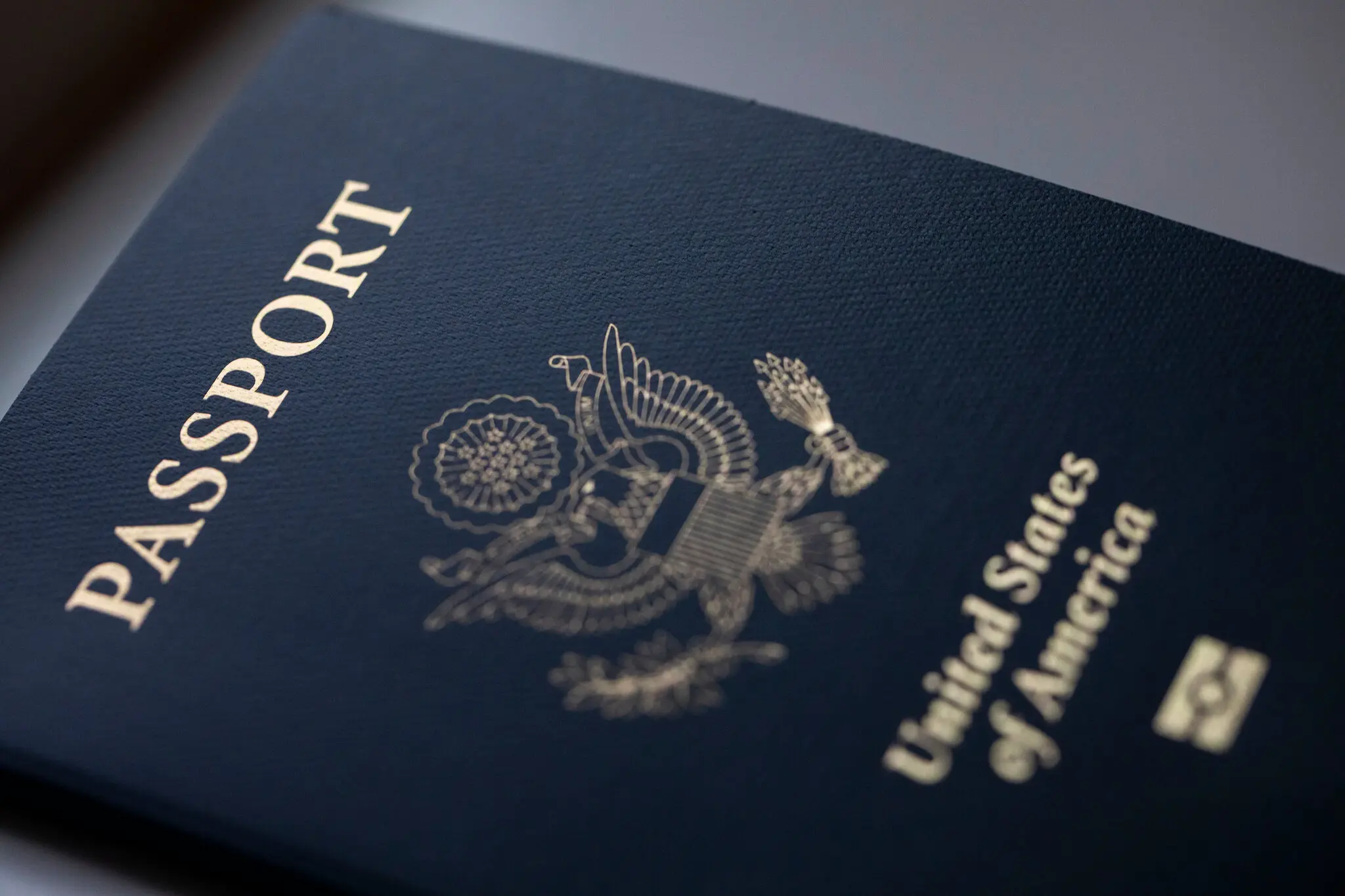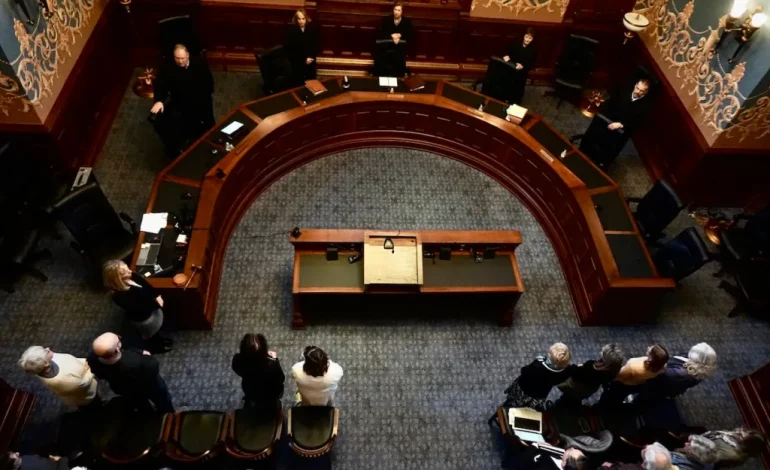The Wyoming Supreme Court is deliberating a significant legal dispute that could determine the extent of state authority over local regulations on state-owned lands, Wyo File reports.
The case, initiated by Teton County, raises questions about whether the state must adhere to local zoning and safety codes when leasing its lands to private entities. The court’s decision could have far-reaching implications for local governance and land use across Wyoming.
Teton County attorneys argue that the state’s stance—that county regulations do not apply to lessees of state-owned lands—creates a “legal void” with potential risks to public welfare.
“If there are no laws on this property, do we send our fire trucks? Do we send our sheriffs there? Who is in charge of this property?” said Keith Gingery, Chief Deputy Attorney for Teton County.
The dispute centers on a 2023 district court ruling in favor of the Wyoming Board of Land Commissioners, which permitted a glamping resort and self-storage facility on state trust land near Jackson Hole. The Board contends it has no obligation to enforce local codes, maintaining that state sovereignty exempts such lands from local authority.
Wyoming Senior Assistant Attorney General Jim Peters echoed this position, stating, “Local zoning ordinances cannot override state law,” and that the Wyoming Constitution does not explicitly allow counties to enforce such regulations on state lands.
The case has attracted attention beyond Teton County. In Natrona County, a proposed gravel pit on state-owned land near Casper Mountain has galvanized opposition, uniting residents and conservation groups. The Casper Mountain Preservation Alliance has filed an amicus brief supporting Teton County, underscoring the statewide relevance of the issue.
“This isn’t just about glamping in Teton County,” said Carolyn Griffith, chairperson of the alliance. “The state’s stance against local authority poses a threat to communities across Wyoming.”
State trust lands are managed to generate revenue, often for public schools, through activities like grazing, mining, and commercial leasing. Teton County officials emphasize that their intention is not to inhibit these activities but to ensure that physical developments comply with local safety and zoning codes.
“We want the schools to get money, too, off the state trust lands,” Gingery said. “We just want the physical development to comply with our [local codes].”
Meanwhile, Wyoming lawmakers are considering legislative solutions. House Bill 58, introduced by Representative Steve Harshman of Casper, would require public notice and input before state land leases are approved.
“This process shouldn’t fail the people,” Harshman said.
As the Wyoming Supreme Court deliberates, residents and local officials across the state await clarity on the balance between state and local authority. Regardless of the outcome, the case has sparked a broader conversation about the governance of state trust lands and the role of local communities in shaping their use.
Should the court uphold the state’s position, some residents and lawmakers suggest the Legislature may need to revisit the issue to ensure local concerns are adequately addressed. As Griffith put it:
“Truly, it will come down to the law. But if this case doesn’t resolve the concerns, perhaps it’s something the state needs to address through legislation.”









